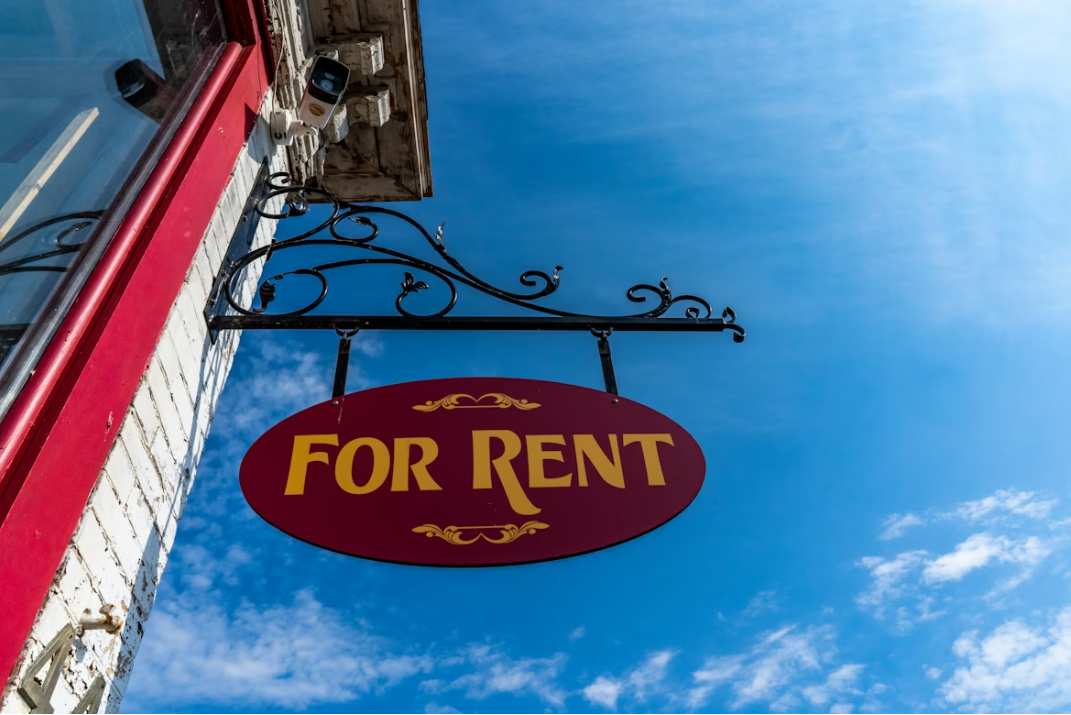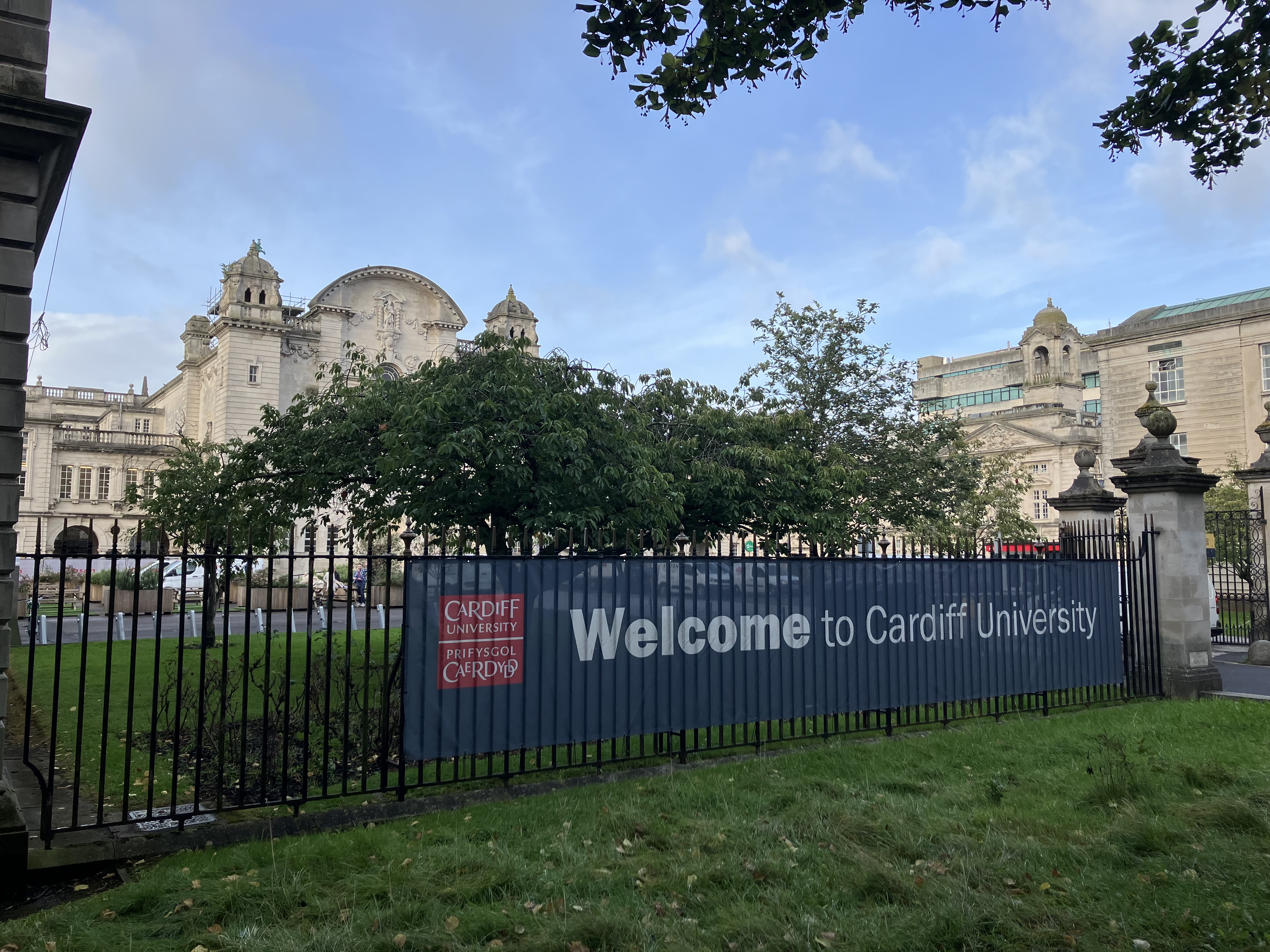Have you received higher grades than you expected and feel you should be more ambitious when choosing your first choice? Now it’s your chance! You can use Clearing Plus, the previous Adjustment to swap your offer and get into a higher and better university. In this blog, we will present to you the UCAS Adjustment, its working process, eligibility, its evolution into Clearing, the difference between Adjustment and Clearing, and how you can have a successful Adjustment. Hope you can find your ideal university through this blog. Let’s dive in!
What is UCAS Adjustment?
If you study in the UK, you may have heard of Adjustment. What is it exactly? Adjustment UCAS is a process for those who achieve unexpectedly high grades in their A-levels, and wish to apply to a university that is better than their previous firm offer. However, nowadays, there is no Adjustment anymore, which was integrated into and replaced by Clearing and Clearing Plus.
How Does UCAS Adjustment Work?
Adjustment UCAS offers students the opportunity to pursue their higher aspirations and secure a better position in higher education. Since it’s important, how does it work? The Adjustment process takes place through the UCAS Track System. It starts on the day of A-level release and lasts for 5 continuous days, which is a very short period. Students need to contact universities and secure a verbal or email offer in 5 days. You have only one Adjustment choice. After you have made your final decision, update your personal admission information in UCAS Hub. It’s a process that needs to be quick, affirmative and decisive.
Eligibility
The Adjustment UCAS is not for everyone, there are some eligibility criteria students need to meet:
- Your firm offer is conditional, if it’s an unconditional firm offer, even if you have exceeded the predicted grades, you still can not activate Adjustment.
- Your grades must exceed the previous predicted, or the required grades of your firm offer.
UCAS Adjustment Period
The UCAS Adjustment period is only 5 days, counting from the day your A-level results are released. In 5 days, you need to conduct a lot of research about courses, call the university to secure a position and add it to your UCAS Hub.
UCAS Adjustment Process
Once you have decided to apply for Adjustment UCAS, there are many things you need to pay attention to. Follow the following steps:
Register
To begin the Adjustment process, you need to start with the registration of UCAS Track. All Adjustments are processed under the UCAS Track System.
Course Research
After getting your A-level results, and want to apply to better courses, you should do a lot of course research. Visit the UCAS website to view the list of courses and universities. Make a list of universities you are going to contact.
Contact Universities
After compiling your list of universities, contact the admissions office and clearly state your purpose. The universities will give you either a verbal offer or an email offer. In Adjustment, students can call universities directly without considering the vacancies.
Add it to the UCAS Hub
Once you have made up your mind, choose the best offer and add it to the UCAS Hub. Choose wisely as you can only add it once.

Which Universities Participate in Adjustment?
The universities have a UCAS Adjustment process that varies yearly. You need to visit the UCAS website to browse the detailed list of universities that have Adjustment. Some universities, like the University of Oxford, do not participate at all in the Adjustment UCAS process, while others, like the University of Cambridge, offer limited places on some courses. So, always staying informed is crucial for successful adjustment.
Why is Adjustment no Longer Available?
UCAS Adjustment process was entirely cancelled in 2022 due to low usage of the service. Many students tend to choose self-release into University Clearing, as it is a more straightforward process. So, nowadays, if you want to have an Adjustment, you must go through the Clearing process like everyone else.
Clearing and Adjustment UCAS
The Clearing and Adjustment UCAS differs in many ways. One of the most significant differences between them is that they aim at different students. Adjustment was for those who achieved better grades and wanted to swap their original firm offer, while the firm offer stayed protected. Clearing is for those who didn’t reach the required grades for their first-choice university, they need to go through Clearing to procure an offer that accepts them. Compared with Adjustment, which lasts for 5 days, Clearing lasts for a more extended period. For example, in the year 2025, the clearing process begins from July 5th until October 20th. You can start the Clearing process once the results have been released.
| UCAS Adjustment | UCAS Clearing | |
|---|---|---|
| Targeted Group | Students receive higher grades | Students receive lower grades |
| Period | 5 days | Months (usually from July to October) |
| Contact Universities | Contact universities directly without considering vacancies. | Need to consider vacancies and the positions follow a first-come, first-served rule. |
| Original Offer | The original offer remains valid until you receive a new one | No more original offer |
| Self-release | No need self-release | Need to self-release |
How Does Clearing Work?
Although UCAS Adjustment process has evolved into Clearing, the process goes almost in the same way, except for some steps. Clearing is originally for students who don’t have any offer, or get an unexpected low grade that didn’t meet the firm offer’s requirements. However, students who receive higher grades want to apply to another better university now also through Clearing, and the process goes like this:
Research Courses
You can do some research about the courses in advance, even before the release of A-level results. Make a list of universities you want to go to if you get higher grades.
Self-Release
This is one of the biggest differences between Clearing and Adjustment UCAS. When going through Clearing, students must select “Decline my place” in the UCAS Hub to secure another new position. After the results are released, and you’ve decided to decline the previous offer, click “Decline my place”.
Contact Universities
Once the results are released, prepare your UCAS ID, PS, results and directly call the admission office of your targeted universities. And tell them you’re going through Clearing. The university might give you either a verbal offer or an email offer. Make sure you update your information on your UCAS Hub in time.
Make Final Decision
Consider the course and university you want to switch to, as you can only change once by adding your offer to your UCAS Hub. Once you have made your final decision, you can just wait for the university to confirm your place.
What Happens to Original Offer During Clearing?
Once you self-release yourself into the Clearing process, your original offer is invalid. It will be gone until you receive another offer, which differs from the previous UCAS Adjustment process. In Adjustment, students don’t need to self-release, they can contact the university directly. If they accept a new offer, the original one will automatically expire. However, if they don’t receive a new offer, the original offer remains safe, taking no risk at all. Changing your offer during the Clearing process is a risky move, so be sure you don’t want to go to your first-choice university.
Tips for a Successful Adjustment UCAS
The UCAS Adjustment process can be time-consuming and exhausting. To have a successful Adjustment, there are some things you can prepare in advance. Follow these tips to help you have a satisfactory offer.

Be Quick and Decisive: Although nowadays, students who want to switch their offers are not limited to 5 days, you still need to be quick and decisive. Once the A-level results are released, your time is ticking. And if you don’t act quicker, your potential position might be snatched by someone else. Be quick and contact universities directly.
Stay Informed: You should also keep an eye on university websites and UCAS updates. You may have done a lot of research before results release, however, many universities update their Clearing information after the results release. Stayed informed even after the results release.
Seek Advice: If you have questions about which university to choose, or are unsure about the process of Clearing, seek advice as soon as possible. Ask your teacher, advisor, etc. Don’t waste time on your confusion.
Whether Clearing is Right for you?
Should I go through Clearing? Well, clearing is not for everyone. If you have already secured a decent firm offer and are quite content with it, you can just stick with your original firm offer. If you achieve higher grades and aspire to something even higher, things may turn out differently. You might encounter situations where the new courses don’t interest you, or the new campus life isn’t suitable for you, etc. Taking risks can be encouraging and surprising, however, you should also assess whether it’s worth taking the risk. Never follow the trend, just follow your heart.
Final Thought
Whether it’s Adjustment or Clearing, such services offer excellent students a good opportunity to pursue higher education. While aiming higher, you should also be cautious, follow your heart, and remember that change can be both good and bad thing.
How Can uhomes.com Help?
Being admitted to your ideal university is a cheering thing. However, there are many trivia things waiting for you. Have you found your student accommodations yet? uhomes.com offers a wide range of student accommodations across the world. Our accommodations are furnished with modern furniture and convenient facilities like a fitness centre, swimming pool, laundry room, etc. In addition, our accommodations are close to major universities and have easy accessibility to transportation. Find your perfect student accommodations with us now!
FAQs:
No, there is no fee for using Adjustment, as long as you have already paid the Adjustment fee in the original application in UCAS. If you haven’t chosen the Adjustment service at the beginning, when you want to have an Adjustment after your A-levels results are released, you may need to pay an extra fee.
Yes, UCAS Adjustment is also available for international students. However, the process may be harder for them, because situations like the different time zones and extra expenses on a student visa, etc. may occur.
There are no restrictions on the number you can contacts you can make during Adjustment. However, given the limited time, you must have a purposeful and effective contact with universities to secure a position and avoid time waste.
UCAS Adjustment and Clearing are not the same thing. UCAS Adjustment is a service for students who receive higher grades than the required grades of their firm offer, to adjust their offer and get a better offer. While Clearing is a service for students who fail to meet the required grades of their first-choice university and can’t secure an offer, they need to contact other universities to secure a position. However, UCAS Adjustment has been entirely canceled since 2022 and replaced by Clearing.
There are several big differences between Adjustment and Clearing. First, Adjustment is for those who get a higher grades than expected while Clearing is the opposite; second, the period for Adjustment is 5 days while Clearing lasts for months; third, while contact universities, students want to have Adjustment just call them directly without worrying the vacancies, students want to go through Clearing need to consider the vacancies to secure a position which is based on first-come, first-serve rules; at last, while contact universities, students in Adjustment can still keep their original firm offer until they procure another one without losing anything, while in Clearing, students must self-release to contact another university, which can be extremely risky.
Based on the Equality Act 2010, the reasonable adjustment means universities and colleges are required to make some adjustment to ensure disabled groups have access to higher education, for instance, courses, tests, interviews, campus activities, etc.
UCAS Points, also known as UCAS Tariff Points, is an exclusive points system in UCAS. They convert students’ A-level, BTEC, IB, etc results into the common tariff, which is a standardized points to better apply to university. Some universities require students to meet the minimum UCAS Points, However, there are still many universities that care more about the detailed results in students’ A-level, BTEC, etc.
Yes, it’s possible to apply to the university without UCAS. However, applying through UCAS is the most official way and almost mandatory for most students to apply to universities. If you are applying to an undergraduate school, in most cases, universities only accept students through UCAS, except the University of Buckingham or some private institutions, which allow direct application. If you are applying to postgraduate schools, you can apply directly to the university. So, it’s possible to apply to university without UCAS, however, applying through UCAS is the standard practice.








